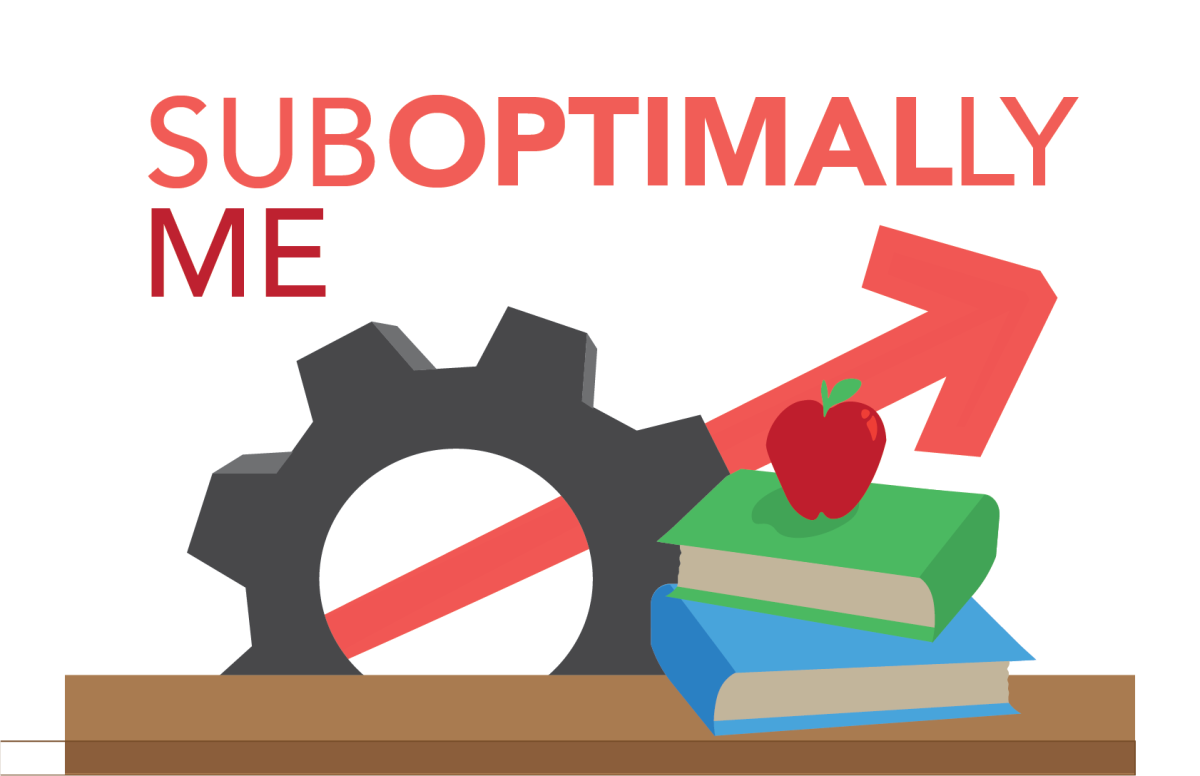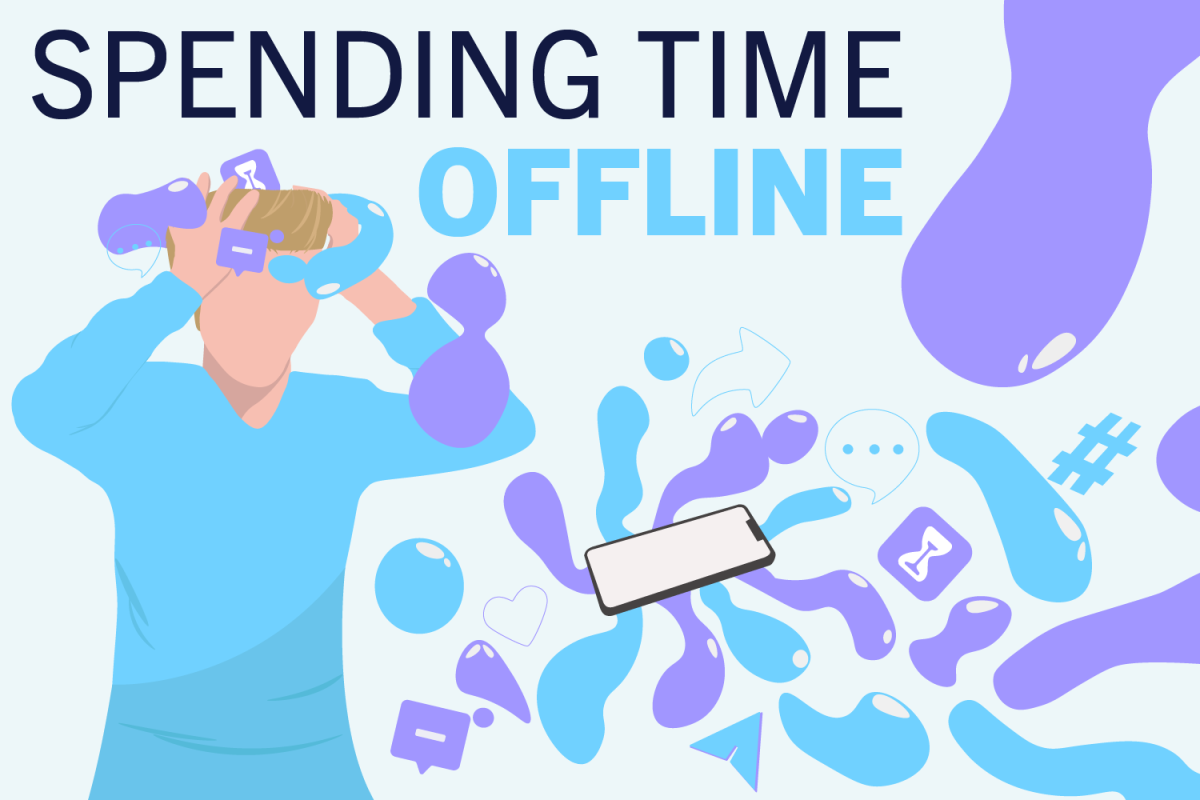One of the first things that can set the tone for each school year is the school motto. This year, the word “optimize” is plastered on every teacher’s door, but what does that really mean? The motto could mean anything from perfection to growth, and we as the students and staff of Mill Valley get to decide what it means for us.
Upon seeing the motto for the first time, I understood it to mean “perfection.” There is a lot of harm that can come from this interpretation. Trying to be perfect gets in the way of making mistakes. Mistakes directly contribute to growth, and are an important part of learning. The stress of perfectionism can weigh on students, and sometimes hold them back from starting something – an assignment, a hobby, a project – just because they are afraid it will not be perfect. Trying to be perfect all the time hurts us and limits what we are able to do.
Striving to be suboptimal or imperfect instead of trying to be perfect all the time allows us to be messy and creative. Striving to be imperfect helps us get out of our own way; we allow ourselves to be new at things, and to make mistakes. It frees us from the pressure of perfection.
Principal Dr. Gail Holder, who chose the motto, never meant for it to mean perfection. Instead, she hoped the motto would encourage us to look at what we have and make the most of it.
“How can we optimize our energy and our well-being?” Holder said. “How can we optimize not only the time we have in the classroom with students as it relates to learning, but our time when we’re not here in the building?”
Holder believes that working solely towards perfection does not allow us to take risks and make mistakes. Making mistakes, however, is absolutely critical to optimizing.
“There have to be a lot of risks that are taken in order to truly optimize,” Holder said.
Taking risks and making mistakes is scary, and it doesn’t always end well. It is nonetheless a huge part of truly optimizing. Without allowing ourselves to make mistakes and fail, we are not able to explore everything we otherwise could.
Ultimately, we decide what the motto “optimize” means to us. We should reject perfection and instead embrace being suboptimal and all the opportunities it allows us. At the same time, we should recognize the opportunities for growth that we have and we should take them. We should change “optimize” from something that encourages us to be perfect into something that encourages us to become better.










